For those of you still trying to finish off the Series 79 investment banking exam, there are some key areas on which you should focus. The industry is very demanding so most of the time a failed Series 79 exam is due to a lack of study time. Many that still have to take the exam are on their second third or fourth attempt at this point in the year (Happy 2025!). Here are some tips for getting this exam over with.
Investment Banking Exam: Series 79 Tips
First, you are probably already a good test taker. Chances are, you also aren’t starting with a score in the 40s or 50s on your overall practice exam if you’ve taken the exam multiple times.
Therefore, we recommend backfilling as the most time efficient study method. Specifically, take a full practice exam and look at the breakdown. Find the areas that are most heavily weighted on the exam. You can actually do this by looking at STC’s or Knopman’s set of practice questions and identifying which subjects have the most questions.
Both companies do an excellent job at weighting their practice questions according to what is likely to show up on the exam.
Naturally, the next step is to focus on the heavily weighted areas where your score is the lowest. If that’s still too vague, here are a few areas where we would highly recommend you target.
Target Areas
Below is a short list where we consistently hear students have issues. Coupled with that, we expect these to be focus areas on the Series 79 exam.
- Regulation M
- Fairness opinion
- Tender offers
- Equity research rules
- First and second round M&A process
- Valuation
- Income statement, and balance sheet
- Bankruptcies
There are plenty more sections that are likely to be tested, however, we would concentrate on the above for starters. If you can get these sections scores up into the 85% or higher region, that should significantly help your score.
You should expect something like a 60/40 split on the overall exam between non-analytical/analytical types of questions. Among the analytical questions, you may not have too many math questions, but still potentially around 10 or more. Math questions don’t tend to be too overly complicated. But a few important ratios to know maybe the current ratio and the quick ratio. Of course, knowing things like enterprise value and the free cash flow formula may also help.
Overall, FINRA does not intend for the investment banking exam, or the Series 79 exam, to be overly onerous, but it is significantly more difficult than the SIE exam. Prepare to dedicate a little more time than you would need for the latter. If you need any help, feel free to reach out! Good luck!

